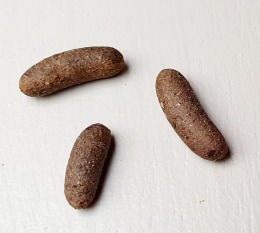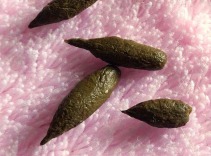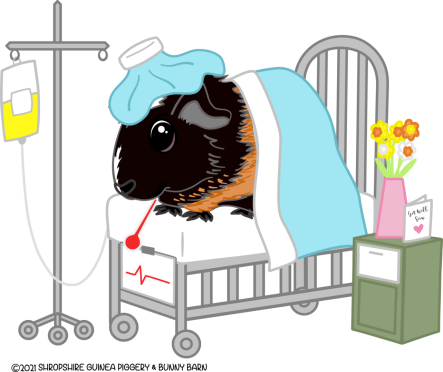
Poop
Let’s talk Poo! If you are a guinea pig parent, learning about your guinea pig poop is very important. They produce so much of it, they are a constant pooping machine, but it can be the first sign that all is not well with your piggy, and when we clean them out, we can tell immediately that something is not right. As you know, Guinea Pigs can be so good a disguise their illnesses but if they have a digestive problem it can be noticed straight away if you know your poo.
I know my Guinea pigs very well and I can tell who’s poo is who’s. Hugo’s is very dark, slightly oval and longer than the rest. Peanut’s poo is short straight and dark brown, Bella’s poo is slightly dryer than both of the others and the lightest colour.
Let’s take a look at different types of guinea pig poop and what they could mean about their health!
Small, dry poo
Small and dry poop ( immediately after coming out) could be the sign of dehydration. (Above)
If you have a water bottle, make sure it works , top the ball at the bottom and make sure the air bubble rises from the bottom, as this indicates the water is coming out.
If you have a water bowl, make sure the water is clean and changed daily. If the water is contaminated, the guinea pigs will drink less, which then can lead to dry poop.
Once you start seeing this symptom, try adding more cucumber for the vegetable bowl. Cucumber contains a lot of water. This will help rehydrate your guinea pig!
Dry, tear-shaped poo
If the poop is tear-shaped, it could be an indicator of a gut problem or that the guinea pig isn't eating enough hay. Guinea pigs always need LOTS and LOTS of hay available. We humans can digest food without having to eat constantly. Guinea pigs, however, need to frequently eat high-fiber grassy hay, like Timothy hay, for their gut to work properly.
The key is always to have lots clean and hay available. Use a hay rack if they are pooing and weeing in it.
Clumped poop
Clumped poop, big poop, and blocked poop could be an indicator of a gut problem or point to aging rectal muscles in your guinea pig. It could also be the start of Impaction ( See my impaction section) in older males. If your guinea pig is constipated, you may observe the guinea pig is uncomfortable during pooping or is acting like he’s pooping but nothing comes out. If the problem persists more than a day, I recommend visiting an exotic vet who specializes in small animals.
Green poop
Slightly greenish poop may be cecal pellets, which the guinea pig re-ingests for nutritional health. This is completely healthy and normal for the guinea pig. Caecotrophs are squishier and smellier than their poop counterparts. You will very rarely ever see them. If you do see them, that's usually not a good sign. Guinea pigs usually ingest them as soon as they know it's about to pop out.
If you've ever seen your guinea pig chewing after cleaning his or her behind, you now know what he or she is chewing on. If your guinea pig does not eat their caecotrophs, they will become malnourished very quickly. So, do not freak out when they eat their own poop!
Smelly, soft, mushy poop
Smelly and/or wet poop may point to a nutritional or diet problem.
Cut back on certain veggies. Cut out watery ones, like cucumber and lettuce.
If your guinea pig has diarrhoea, you need to see the vet immediately! This is an emergency and it indicate that something is seriously wrong.
Bloody poop
There could be serious mechanical obstruction, inflammation or tear in the anus or intestinal system. You need to see a vet immediately for this case too.



